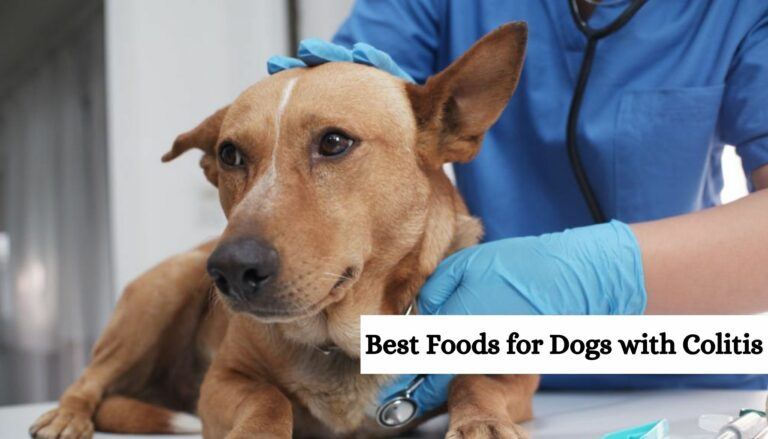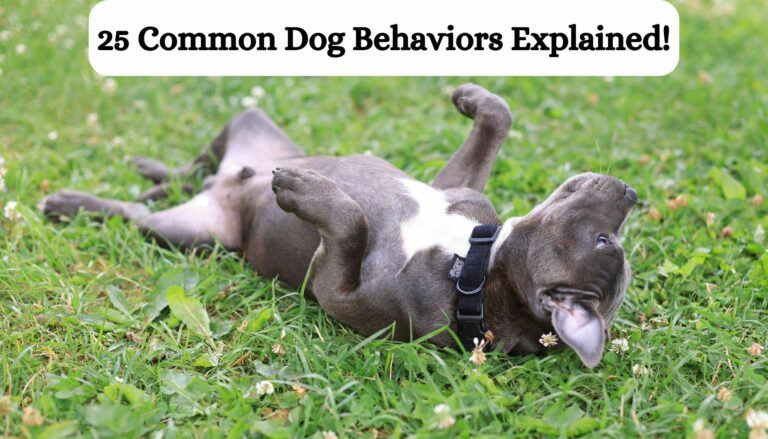Your dog’s health is in your hands. From providing nutritious food to ensuring regular exercise and vet checkups, keeping your dog in top shape requires daily attention. This article will guide you through 11 tips on how to keep your dog healthy.

Article Overview:
1. Feed a Balanced Diet
A well-balanced diet is the foundation of your dog’s health. Ensure your dog’s meals are rich in quality protein, healthy fats, and essential vitamins and minerals. Opt for high-quality commercial dog food or consult your vet about a balanced homemade diet. Avoid overfeeding and stick to the appropriate portion sizes, as obesity is a major contributor to numerous health issues in dogs, including diabetes and joint problems.
2. Exercise Regularly
Regular physical activity is crucial to maintaining your dog’s physical and mental well-being. Dogs need daily walks, playtime, and, depending on the breed, more intensive exercises like running or swimming. Not only does exercise help control weight, but it also supports cardiovascular health and alleviates boredom, which can lead to destructive behaviors.
3. Provide Mental Stimulation
Mental exercise is as important as physical exercise for dogs. Engaging your dog’s mind with puzzle toys, training sessions, and interactive games helps prevent boredom and cognitive decline, especially in older dogs. Even something as simple as teaching your dog new tricks can have lasting benefits for their mental health.
4. Routine Vet Visits
Regular veterinary check-ups help catch health problems early and ensure your dog stays up-to-date on vaccinations and preventative care. Schedule annual wellness exams, and if your dog is older or has existing health conditions, more frequent visits may be necessary. Your vet can also help monitor your dog’s weight, dental health, and behavior.
5. Maintain Dental Health
Dental hygiene is often overlooked but vital to a dog’s overall health. Regularly brushing your dog’s teeth with dog-safe toothpaste and providing dental chews can help reduce plaque and prevent gum disease. Without proper dental care, bacteria in the mouth can lead to more serious conditions such as heart, liver, or kidney disease.
6. Hydration is Key
Water is as important to dogs as it is to humans. Make sure your dog always has access to fresh, clean water. Hydration is critical for digestion, temperature regulation, and maintaining healthy skin and coat. In warmer weather or after vigorous exercise, increase your dog’s water intake to prevent dehydration.
7. Watch for Signs of Illness
Monitoring your dog for any signs of illness is crucial to catching potential health problems early. Common signs to watch for include changes in appetite, excessive thirst, lethargy, coughing, or limping. If you notice anything unusual, consult your vet immediately. Early detection can significantly improve treatment outcomes.
8. Keep Vaccinations and Parasite Prevention Up to Date
Vaccinations and parasite prevention are fundamental to your dog’s health. Regularly scheduled vaccinations protect your dog from serious diseases like rabies, distemper, and parvovirus. Parasite prevention, such as flea, tick, and heartworm treatments, is important for keeping your dog free from these harmful pests year-round.
9. Grooming and Skin Care
Regular grooming isn’t just for looks—it’s vital for skin health and preventing issues like matting, which can trap dirt and cause infections. Brush your dog’s coat based on their breed’s needs and keep an eye out for skin irritations, redness, or excessive scratching. Regular baths with dog-friendly shampoo and trimming your dog’s nails are also important for their overall well-being.
10. Provide a Safe Environment
A safe and clean living environment is key to your dog’s health. Dog-proof your home by keeping harmful substances, such as cleaning products and small objects, out of reach. Additionally, ensure your dog has a quiet, comfortable space to rest and sleep, as dogs need downtime to recharge.
11. Spay or Neuter Your Dog
Spaying or neutering your dog has several health benefits. It can prevent certain cancers, reduce the risk of infections, and help curb behavioral issues like roaming or aggression. Additionally, it reduces the number of unwanted puppies, contributing to better control of the pet population.






